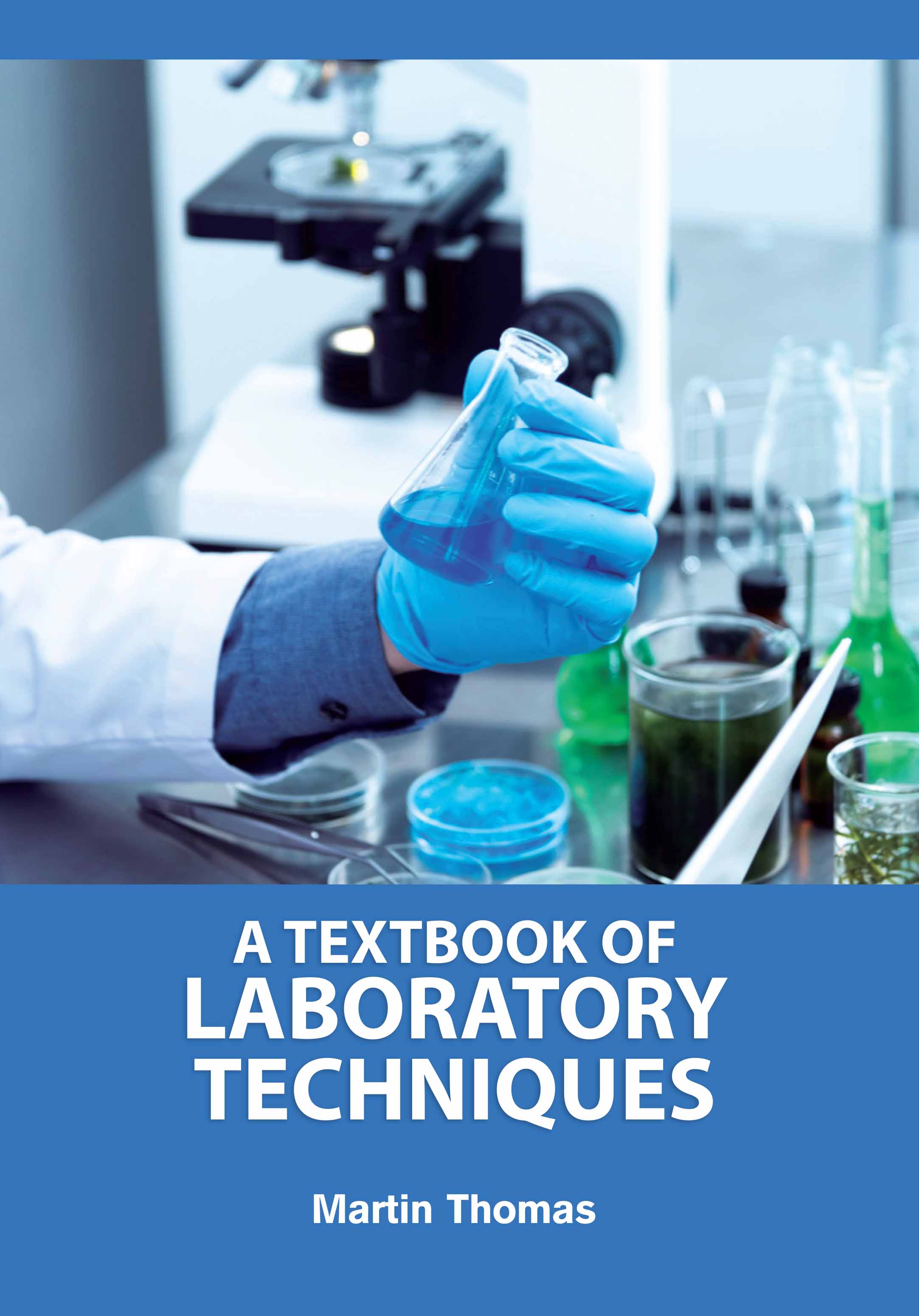About This Book
Microbial genetics is the study of the mechanisms of heritable information in microorganisms such as
bacteria, archaea, viruses, and some fungi. This field explores how genes are organized, replicated,
expressed, and passed on from one generation to the next within microbial populations. It plays a critical
role in understanding how microbes adapt to their environments, develop resistance to antibiotics, and
evolve new functions. Microbial genetics relies heavily on molecular biology tools, including gene
cloning, DNA sequencing, and polymerase chain reaction (PCR), to analyze and manipulate microbial
genomes. A key aspect of microbial genetics is horizontal gene transfer (HGT), a process by which genetic
material is exchanged between organisms, contributing significantly to microbial diversity and
evolution. The three main mechanisms of HGT are transformation, transduction, and conjugation. These
genetic exchanges can rapidly spread beneficial traits, such as antibiotic resistance or metabolic
capabilities, across microbial communities. Applications of microbial genetics include genetic
engineering, development of vaccines, biotechnology, and medical research. For instance,
understanding genetic regulation in E. coli has led to breakthroughs in recombinant protein production,
including human insulin. As genetic technologies advance, microbial genetics continues to be a
powerful tool for innovation in medicine, agriculture, and environmental science. This book provides an
in-depth exploration of microbial genetics, focusing on genetic mechanisms, gene transfer, and
applications in biotechnology and medicine.
Contents: 1. An Introduction, 2. Microbial Biotechnology, 3. Bioremediation: Microbial Processes for
Environmental Cleanup, 4. Industrial and Microbial Biotechnology, 5. Microbial Enzymes, 6. The Role of
GM Foods in Enhancing Global Food Security, 7. Genetical Modified Organism-Derive Foods, 8. Bacterial
Gene Transfer and its Role in Evolution, 9. Recombinant Microorganisms, 10. Exploring the Wide Range of
Metabolic Pathways in Prokaryotes, 11. Microbial Phylogeny, 12. Understanding the Biochemical
Reactions in Microbial Cells.

